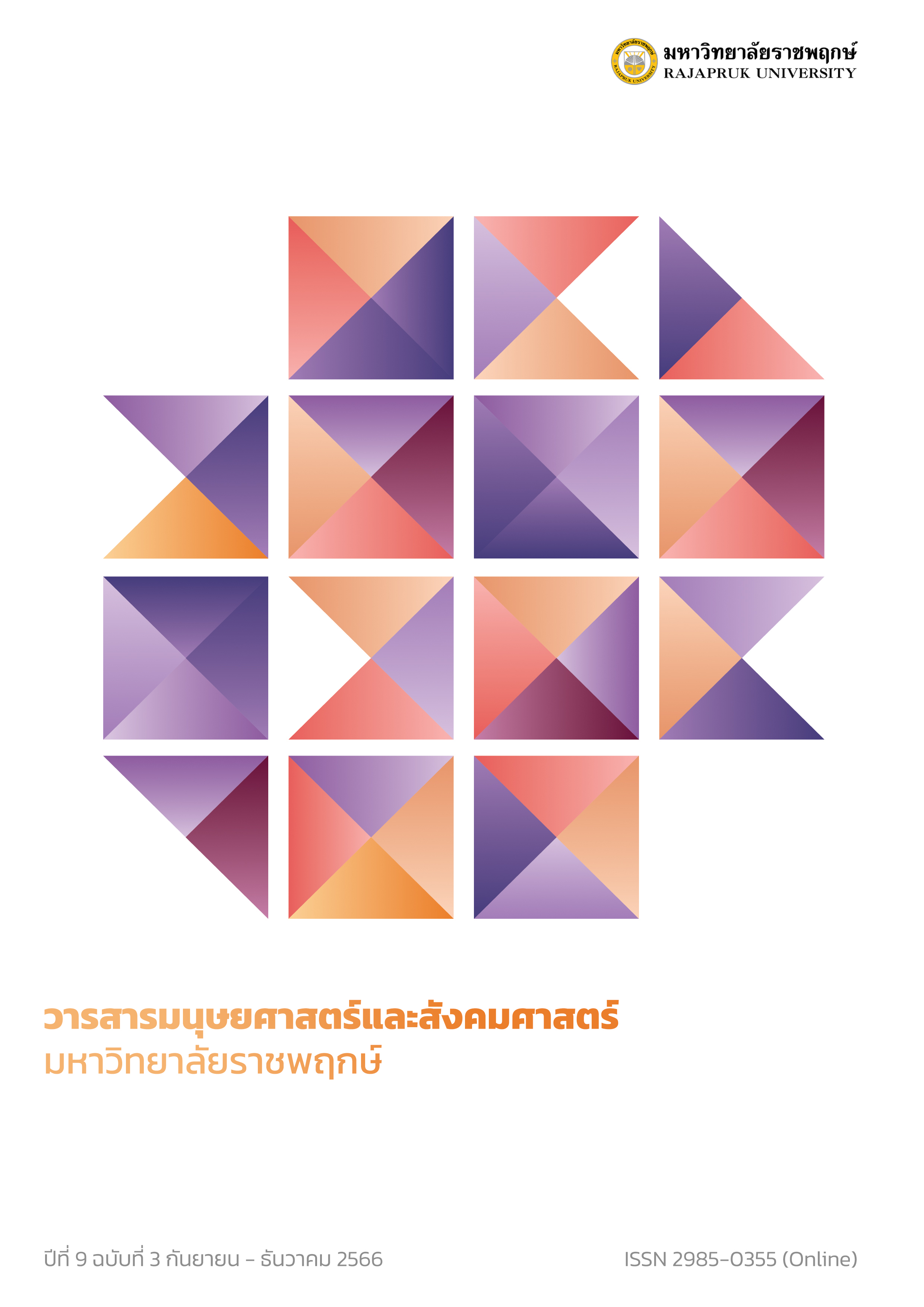A Development of School Administration Strategy for Promoting the Student Care and Support System in the Spread of the Coronavirus Disease 2019 (COVID-19) Situation
Main Article Content
Abstract
The objectives of this study were to 1) study the needs assessment of school administration for promoting the student care and support system in the spread of the Coronavirus disease 2019 (COVID-19) situation, and 2) develop the school administration strategy for promoting the student care and support system in the spread of the Coronavirus disease 2019 (COVID-19) situation. The samples consisted of 4 deputy school directors and 103 teachers, totaling 107 people. The instruments used to collect information were a five-point rating scale questionnaire. The data was analyzed using average, standard deviation, and content analysis, and evaluated the needs using the PNImodified index value. The strategies were made by using SWOT Analysis techniques and then taking the analysis results to make a draft strategy and examining a strategy through focus group discussion with 12 experts in educational administration, student care and support system and outbreak of coronavirus disease 2019 (covid-19).
The finding of this study was as follows: 1) The need for school administration to develop student care and support system: the initiative was to ask, talk, and exchange opinions on the problems and needs of student screening, the planning was to set policies, plans, and projects related to student screening, the operation was the budget aid, and the evaluation was to exchange opinions or attend the performance assessment meeting as planned regarding the development and promotion of students. 2) The school administration strategy for promoting the student care and support system in the spread of the Coronavirus disease 2019 (COVID-19) situation included 4 strategies and 20 methods: the first strategy was to develop a management system for student care and support system, which included 7 methods, the second strategy was to promote fun teaching and learning in a safe and happy way, which included 5 methods, the third strategy was to develop participation and network partnerships such as Kalayanamitta, which included 4 methods, and the fourth strategy was to develop a technology system for the management of the student care and support system, which included 4 methods.
Article Details
References
จักรพงษ์ ตระการไทย. (2564). การดำเนินการงานระบบดูแลช่วยเหลือนักเรียนในสถานศึกษายุคดิจิทัล. วารสารบริหารการศึกษาบัวบัณฑิต, 21(1): 57-65.
ณัฐนียา ห้องกระจก. (2562). แนวทางการบริหารจัดการระบบดูแลช่วยเหลือนักเรียนตามวงจรคุณภาพ PDCA ของสถานศึกษาในสังกัดองค์กรปกครองส่วนท้องถิ่น จังหวัดพระนครศรีอยุธยา. วิทยานิพนธ์ครุศาสตรมหาบัณฑิต สาขาวิชาการบริหารการศึกษา คณะครุศาสตร์ มหาวิทยาลัยราชภัฏพระนครศรีอยุธยา.
เทื้อน ทองแก้ว. (2563). การออกแบบการศึกษาในชีวิตวิถีใหม่: ผลกระทบจากการแพร่ระบาด COVID-19. คุรุสภาวิทยาจารย์, 1(2): 1-10.
วรกาญจน์ สุขสดเขียว. (2561). การบริหารระบบดูแลช่วยเหลือนักเรียนเพื่อการพัฒนาคุณธรรมจริยธรรมนักเรียน. Veridian E-Journal, 11(3): 35-54.
สดชื่น ดวงคำน้อย. (2554). การพัฒนาครูในการดำเนินงานระบบดูแลช่วยเหลือนักเรียน โรงเรียนโพนงามพิทยานุกูล จังหวัดมหาสารคาม. วารสารศึกษาศาสตร์ มหาวิทยาลัยขอนแก่น, 5(21): 145-150.
สำนักงานคณะกรรมการการศึกษาขั้นพื้นฐาน. (2564). คู่มือการคัดเลือกสถานศึกษาและสำนักงานเขตพื้นที่การศึกษาเพื่อรับรางวัลระบบการดุแลช่วยเหลือนักเรียน ประจำปี 2564. กรุงเทพฯ: สำนักงานคณะกรรมการการศึกษาขั้นพื้นฐาน กระทรวงศึกษาธิการ.
สุวรรณา แสงสุริฉาย. (2556). การพัฒนาระบบการดูแลช่วยเหลือนักเรียนแบบออนไลน์ในสถานศึกษา สังกัดสำนักงานคณะกรรมการการศึกษาขั้นพื้นฐาน. Veridian E-Journal, 6 (1): 373-384.
สุวิมล ว่องวาณิช. (2550). การประเมินความต้องการจำเป็น. กรุงเทพฯ: ธรรมดาเพลส.
Schwenger. B. (2018). Creating blended learning experiences requires more than digital skills. Retrieved on August 16th, 2020.From fle:///C:/Users/SDU/Downloads/46SOTEL%20Symposium_%20Brief%20Presentation-266-1-10-20191218%20(1).pdf


